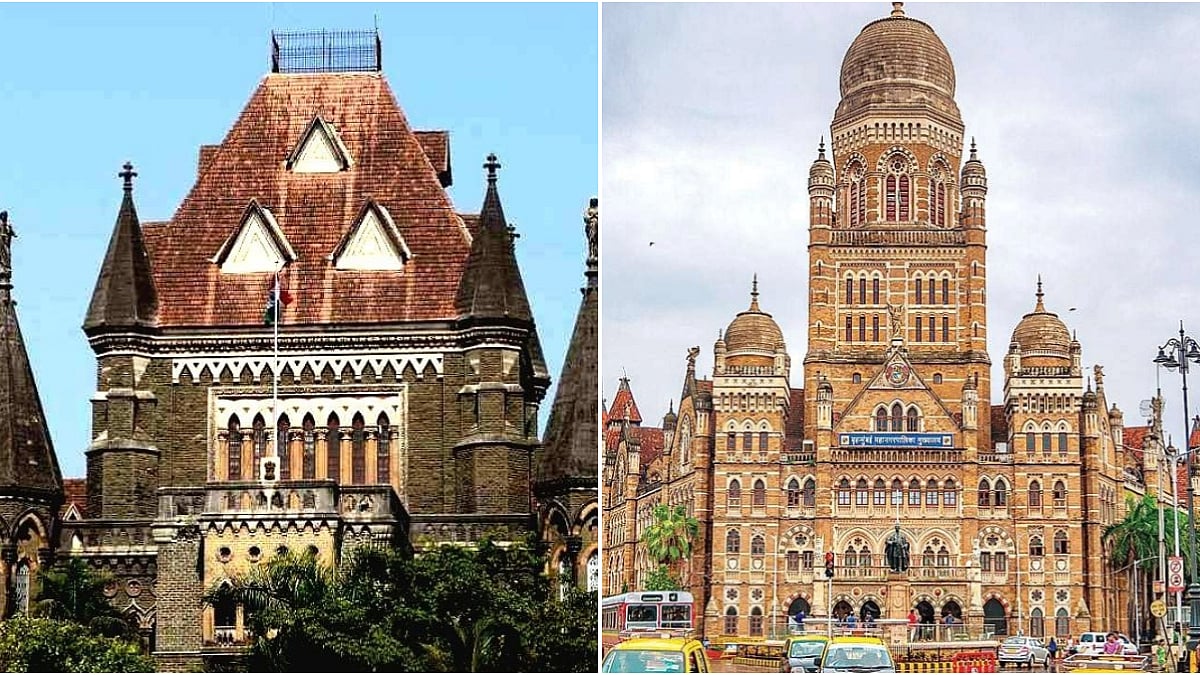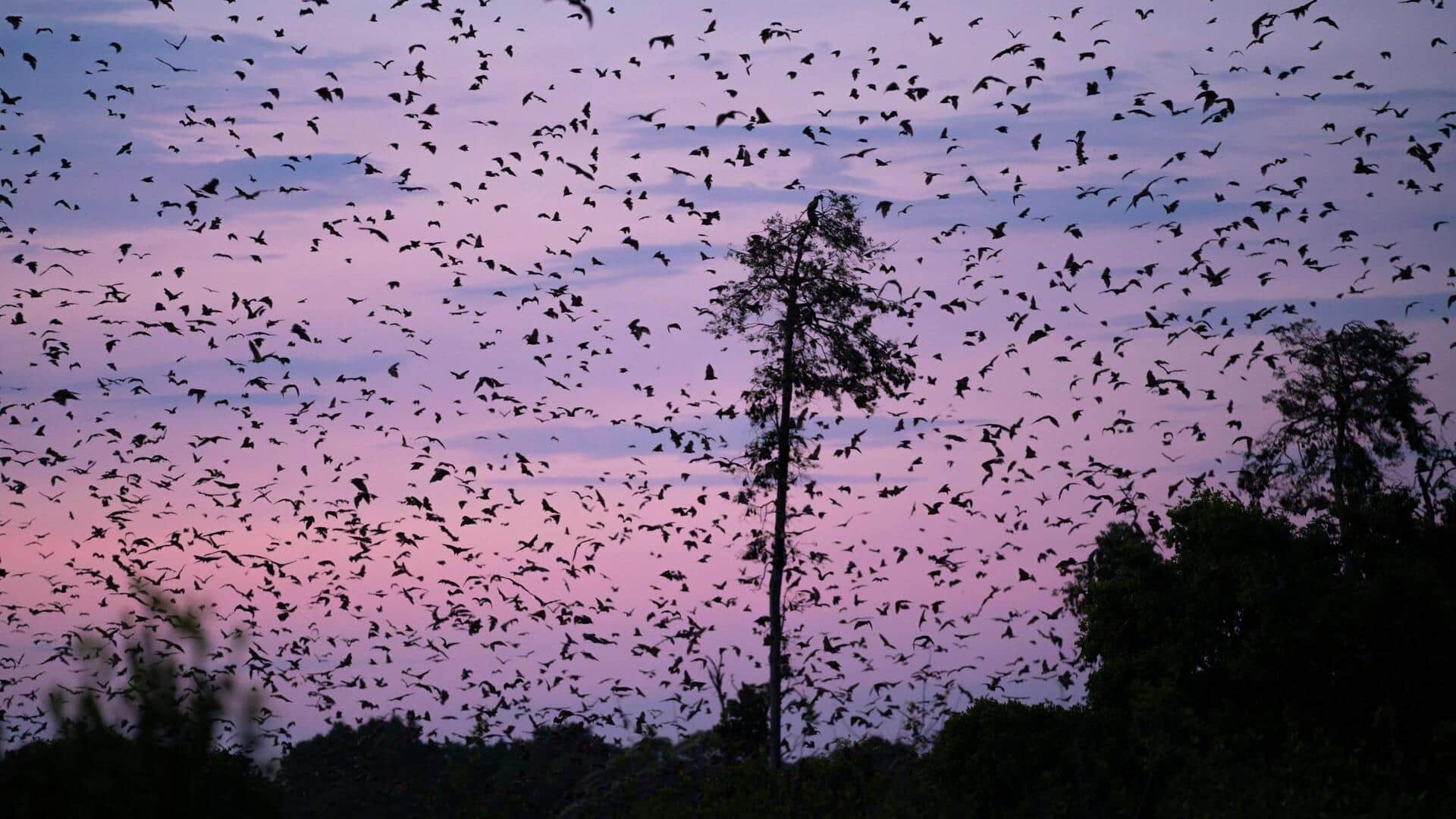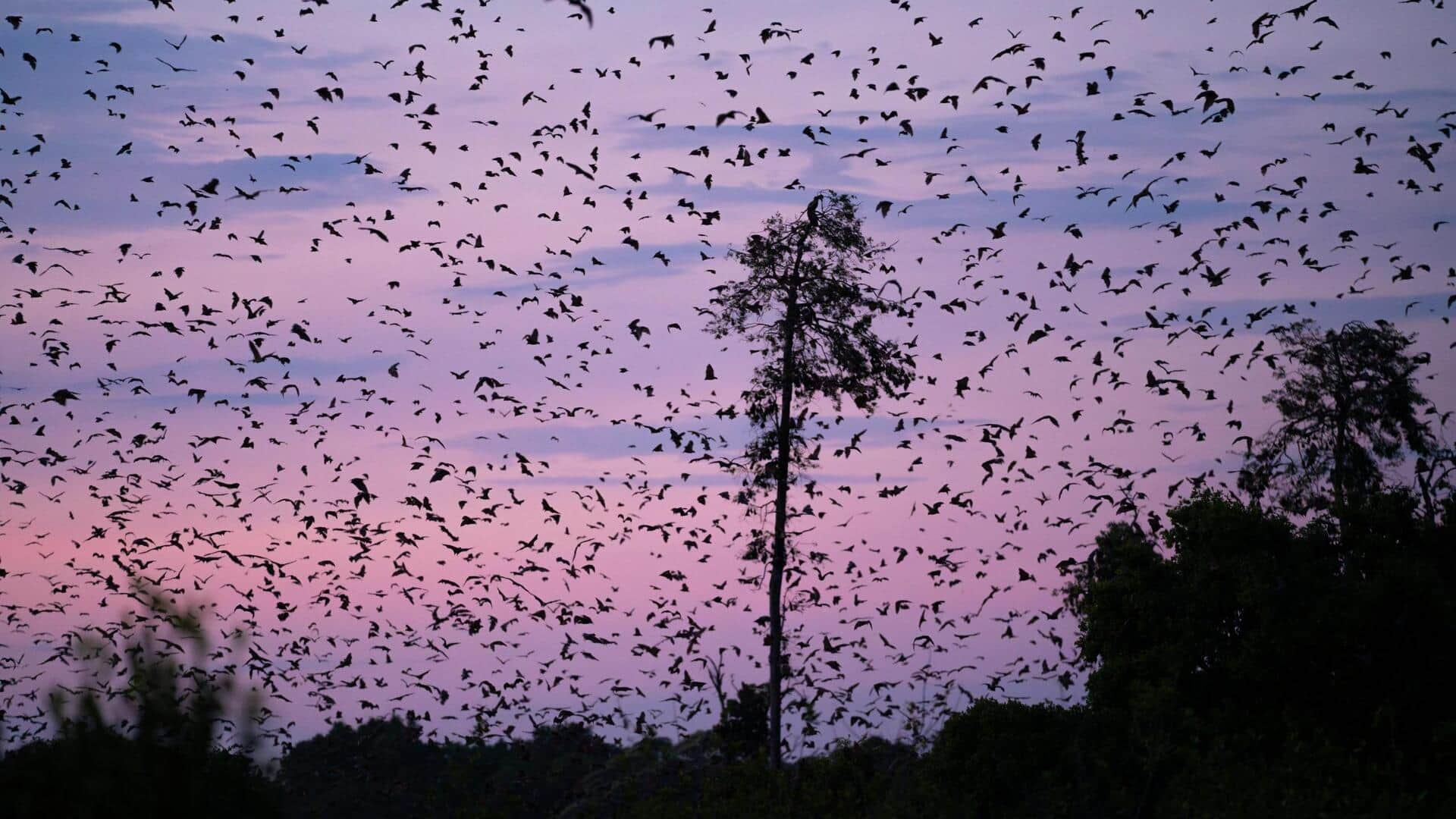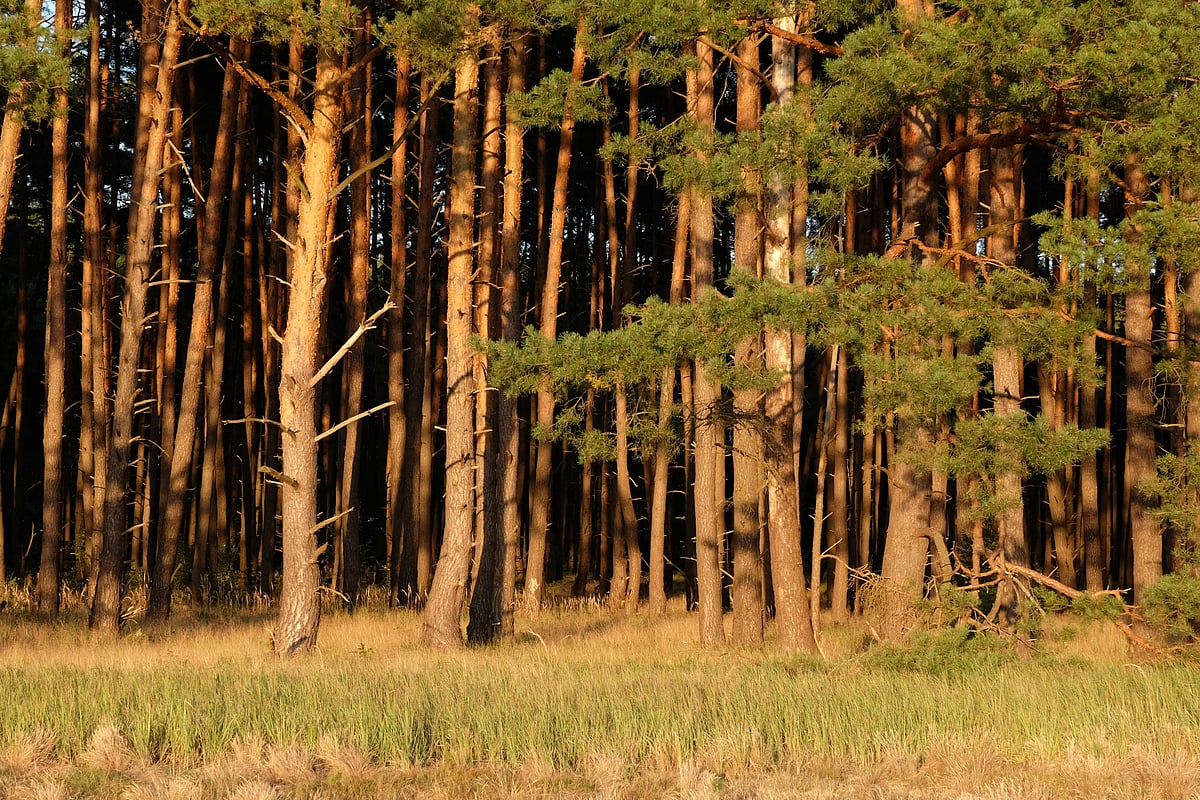Bombay High Court Seeks Accountability Over Mangrove Compensatory Afforestation in Mumbai Coastal Road Project
Mumbai: The Bombay High Court on Wednesday emphasized the need to “fix responsibility” on authorities to ensure that compensatory afforestation efforts genuinely survive. This came during the hearing of a petition filed by the Brihanmumbai Municipal Corporation (BMC) seeking permission to cut over 4,000 mangroves for the extension of the Mumbai Coastal Road, spanning from Dahisar to Bhayandar.
Project Details and Mangrove Impact
The proposed 60-metre-wide Dahisar–Bhayandar coastal road is a vital link within the larger Mumbai Coastal Road project. Upon completion, it will connect Nariman Point to Uttan and better integrate Mumbai with suburban regions including Vasai and Virar.
BMC Plans Replanting of Mangroves
Senior counsel Aspi Chenoy and advocate Joel Carlos representing the BMC informed the court that the project will permanently affect 8.24 hectares of mangrove land and approximately 4,450 mangrove trees. Chenoy explained, “Once you connect stilts for the coastal road, in-situ mangroves have to be removed.”
He further added that the BMC has committed to replanting three times the number of mangroves removed, totaling over 1.37 lakh trees across 31 hectares of land.
Court Skeptical About Survival of Afforestation
A bench comprising Chief Justice Shree Chandrashekhar and Justice Gautam Ankhad expressed skepticism regarding whether the compensatory afforestation efforts would truly survive long-term. The court stated, “We will fix this responsibility on you to ensure that these 1.37 lakh trees are grown. It’s not that you plant and forget it.”
The judges posed a crucial question: “What happens to the replanted saplings? Suppose you plant 1.37 lakh compensatory trees and 30% of them die?”
Chenoy responded that he could not give a definite comment but assured the court that the BMC would fully cooperate with the forest department, which oversees afforestation activities.
Construction Timeline Raises Concerns
The court probed about the gestation period required for mangroves, questioning whether the project’s three-to-four-year construction timeline would provide adequate time for the saplings to establish and survive. Observing that “the longer the better for mangroves,” the court suggested establishing mechanisms to ensure afforestation efforts are genuinely effective.
Drawing on judicial experience, the bench remarked, “These [compensatory plantations] do not survive. These conditions are not fulfilled.”
Chenoy conceded that “all 1.37 lakh may not mature,” but reiterated that the BMC would coordinate with the forest department. He also agreed to submit detailed project information in an affidavit within one week.
Next Steps Ordered by High Court
The court further directed that replies be filed by other authorities including the Maharashtra Coastal Zone Management Authority (MCZMA) and the Ministry of Environment, Forest and Climate Change (MoEFCC). The matter is scheduled for a follow-up hearing on October 8.
Stay tuned for updates on this important environmental and infrastructure development issue.
Also Watch: For exclusive and budget-friendly property deals in Mumbai and surrounding regions, visit https://budgetproperties.in/



